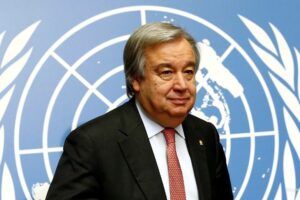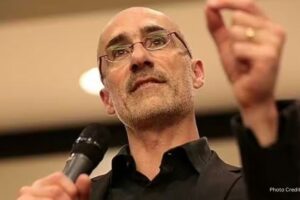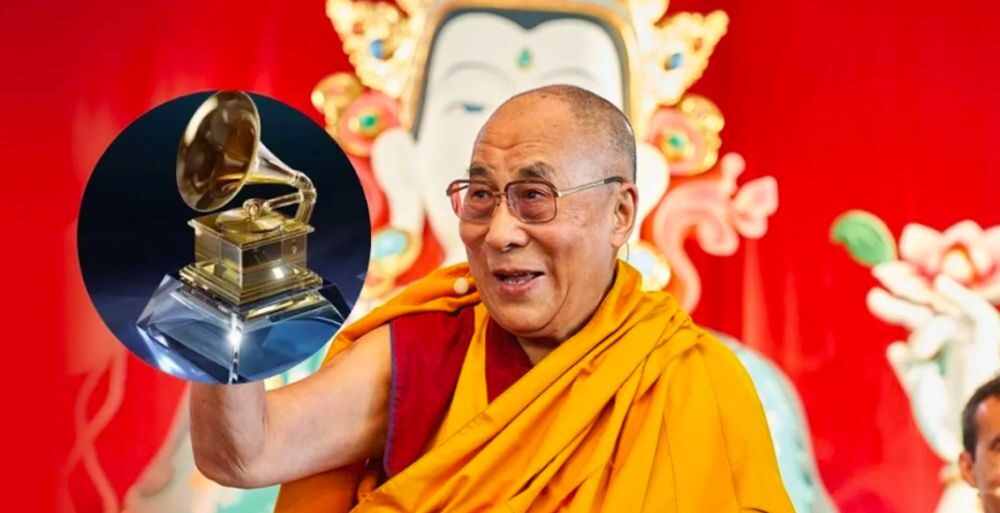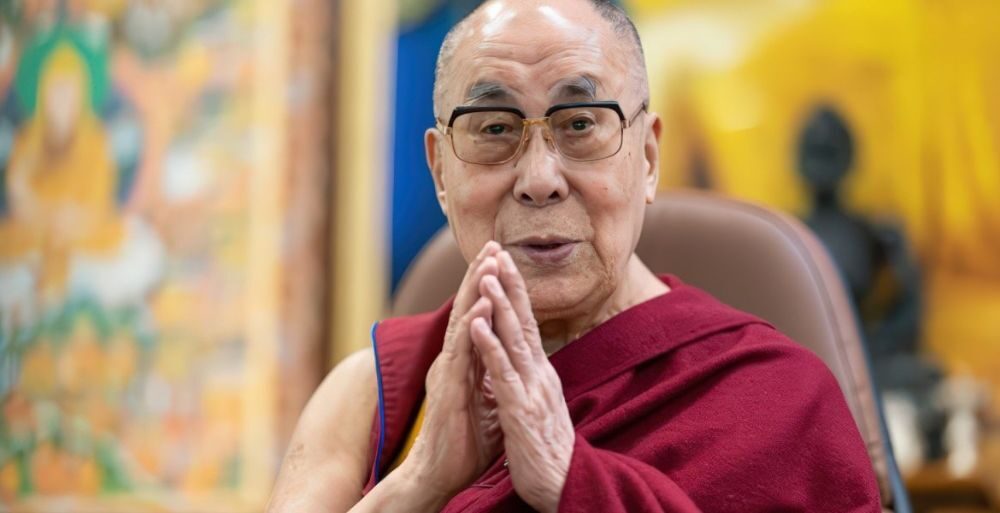United Nations human rights experts have raised serious concerns about China’s involvement in the succession of the 14th Dalai Lama, warning that state control over this spiritual process violates Tibetan religious freedom. According to a reporting body in exile, five UN mandate holders formally communicated to Beijing in mid-July that new laws and regulations are undermining traditional Tibetan Buddhist practices.
The critics pointed to the 2007 “Management of the Reincarnation of Living Buddhas” and the 2017 Religious Affairs Regulation — both of which require government approval for recognizing reincarnated spiritual leaders and ban unsanctioned recognition. Such measures, they argue, dilute the authenticity of any potential state-appointed successor, and threaten Tibetans’ rights to belief and culture.
Another focus of concern is the long-standing disappearance of Gedhun Choekyi Nyima, the 11th Panchen Lama, who was named by the Dalai Lama in 1995 at age six and subsequently went missing along with his family. The UN experts continue to call for clarification about his whereabouts and wellbeing.
Meanwhile, the Dalai Lama himself reaffirmed that only the Gaden Phodrang Trust has the authority to determine his reincarnation. Tibetan communities maintain that the process of recognizing spiritual leaders is sacred, steeped in tradition, and must be free from political influence or external control.















